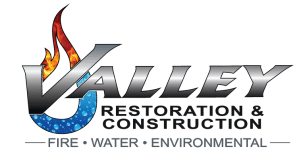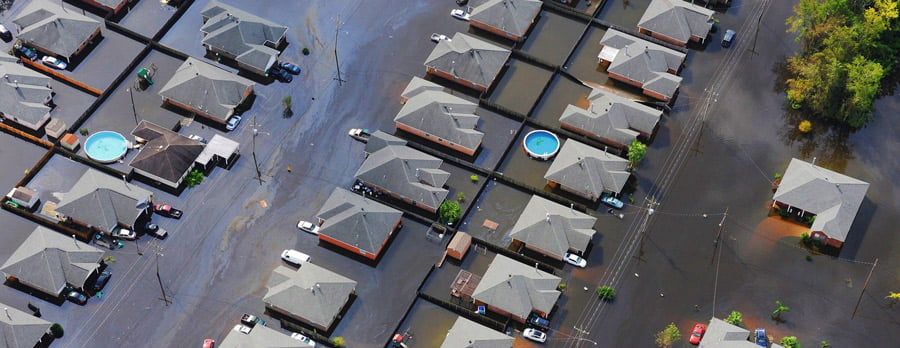Safety First!
Water damage can harm your home, but more importantly, it could hurt you too! When cleaning up any water damage, there are always precautions to take.
- Do not touch any water sourced from water damage if your electricity is on! You could be electrocuted. Make sure to turn off your electrical or call the city to turn it off for you.
- Hot water system leaks or bursts mean hot or even boiling water! To keep from getting burned, don’t touch or immediately try to clean up the water coming from that hot water system!
- When it comes to contamination, call a professional to clean up any blackwater damage because doing it on your own may cause serious disease. Not sure if you have blackwater damage in your home? It can easily be identified by the smell – but get a professional to check it out.
What does Water Damage do?
- Mold is the most common issue when it comes to water damage. The water soaks into your walls, floors, and ceilings and can not only weaken your home, but also may cause allergies and sickness to you and your family.
- Ruined utilities are also a result from water damage. Electrical wiring, gas lines, and any appliances may be harmed by water.
- Contamination of your home by blackwater may take place depending on the issue. Blackwater is highly unsanitary and may include animal and human sewage.
What Causes Water Damage?
Water damage can harm your home in many ways. An overflowing sink, a cracked foundation, or a disastrous flood are just some of the possible sources of damage.
Basement/Crawlspace Flooding
Basement and crawlspace flooding can be caused by a large variety of problems.
- Heavy rainfall can overwhelm a basement’s waterproofing.
- Broken Pipes
- Groundwater leaking through your floors may be due to a weak foundation.
- Sewage Backup can raise your waterline above the basement floor or foundation if the sewer line is disfigured or clogged. The sewage may be greywater or blackwater, so be safe!
Hot Water Heaters
Water heaters can easily overflow, leak, or burst and cause a large amount of water damage.
- Failing thermostats are a common cause of a bursting water heater. This causes the water in the tank to boil, steam, and build pressure. The tank will explode if the issue is not promptly fixed.
- Corrosion or other minor damages to the tank itself often results in a leak. It’s not as violent as a bursting tank, but it causes the same (if not more) amount of damage. Leaks can be hard to notice and will result in more amounts of water seeping into your floors and walls.
Minimizing the chances of water damage through a hot water heater depends mostly on regular checkups to ensure the system is properly working.
Reducing the Flood Damage
Minimizing water damage can be a challenge when dealing with the results of flooding.
- Call a professional. Get help from a trustworthy restoration company to clean up the damage. Calling your insurance company is another important step to figure out your coverage.
- Cut off the source of flooding. If possible, turning off water is the best option when the issue stems from a home system. However, you will have to wait it out if the problem comes from groundwater or rainfall.
- Drain as much water as possible with water pumps, wet/dry vacs, or a simple mop and bucket.

